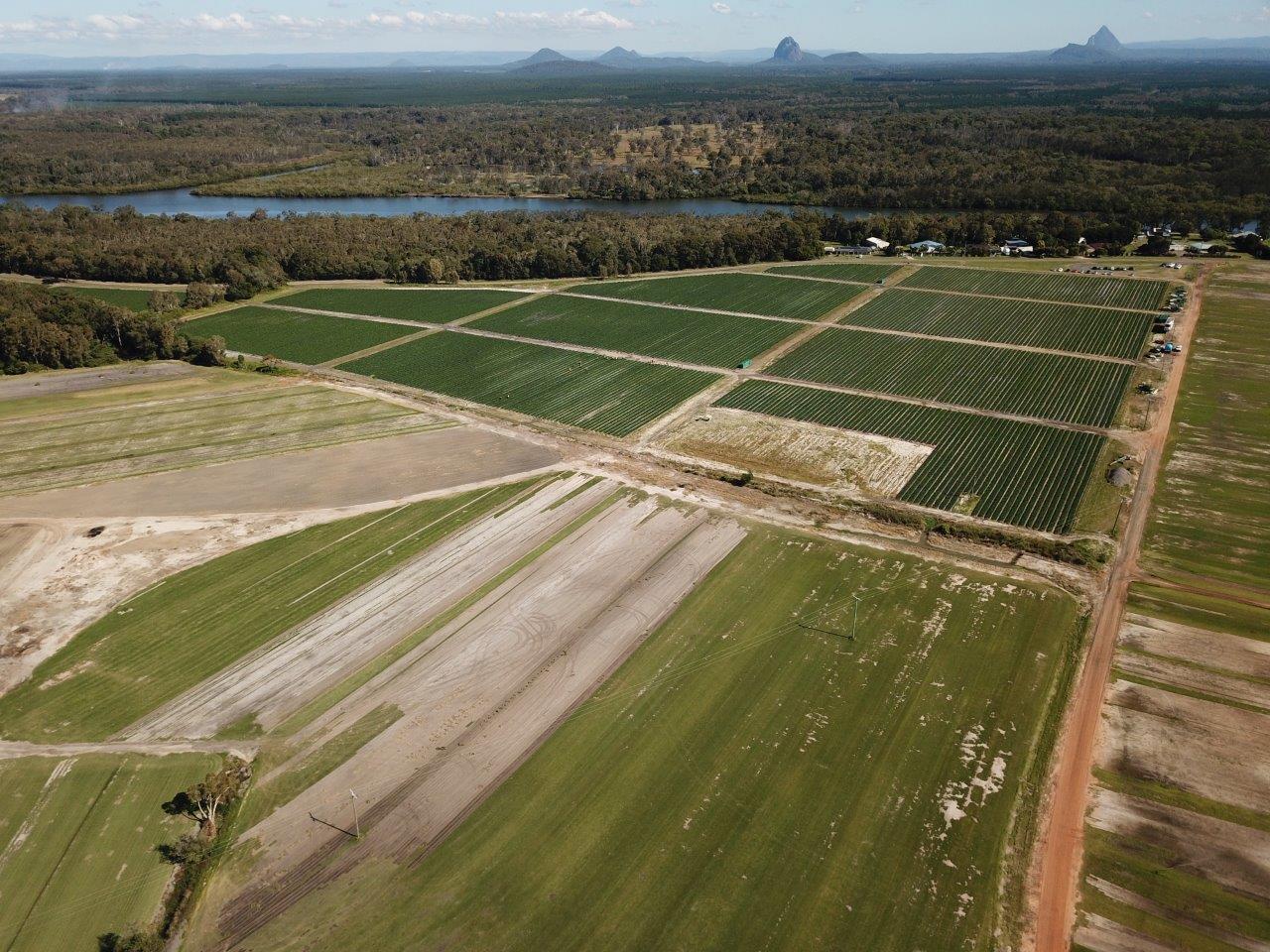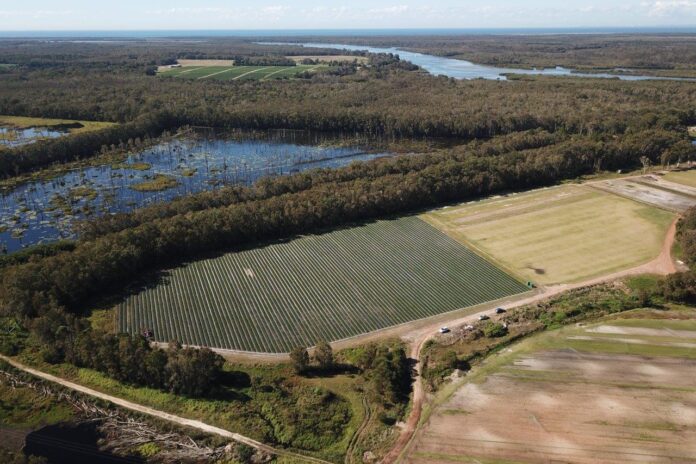Community and environmental groups across the Sunshine Coast have united against a state government move that could fast-track a proposed music festival site.
The backlash follows Planning Minister Jarrod Bleijie’s ministerial call-in of a development application for Coochin Fields – a 150-hectare site off Roys Road at Coochin Creek.
The proposal by the Comiskey Group would allow large-scale events hosting up to 35,000 patrons near the Pumicestone Passage and within the Northern Inter-Urban Break.
The call-in means the proposal will be analysed by Mr Bleijie and decided by the state government. It will no longer be assessed by Sunshine Coast Council and cannot be appealed in the Planning and Environment Court.
Comiskey Group director Rob Comiskey said the project could deliver “world-class experiences” while some of the region’s leading business and tourism advocates have lauded the proposal.

But community groups have panned the call-in and the proposal.
A petition to ‘Protect the Pumicestone Passage and the greenbelt between Brisbane and the Sunshine Coast’ has attracted more than 1400 signatures.
Northern Inter-Urban Break Integrity Association president Dylan Daley said there was disregard for ecological sustainability and state planning principles.
“The state has acknowledged the significance of protecting the Pumicestone Passage’s ecological functions – yet now dismisses its own regional plan. There’s been no credible demonstration of how core environmental values will be upheld with such massive events recurring through the year,” he said.
Want more free local news? Follow Sunshine Coast News on Facebook, LinkedIn and Instagram, and sign up for our FREE daily news email.
The Caloundra Residents Association labelled the call-in as a move that “sacrifices the public interest for private profit”.
“This is ecologically sensitive land, and the decision undermines transparency and public trust. There is no clear community benefit to justify sidestepping local oversight,” the group stated.
Organisation Sunshine Coast Association of Residents president Melva Hobson said there was a risk of long-term environmental damage.
“Planning laws are meant to provide balance, not prioritise short-term tourism over long-term sustainability. This centralises control and shifts the consequences of environmental and social harm to the state and future generations,” she said.

Sunshine Coast Environment Council advocacy manager Narelle McCarthy warned that the project’s scale was “fundamentally incompatible” with the surrounds.
“This is a high-conservation catchment. The impacts of noise, light, pollution and human activity on this floodplain cannot be underestimated. There’s no public interest case strong enough to justify this override,” she said.
Take Action for Pumicestone Passage president Ken Mewburn said it was “a matter of national environmental significance”.
“The site drains into the Ramsar-listed Pumicestone Passage, one of Australia’s most important wetlands. Yet we’ve seen no meaningful hydrological or water quality assessments,” he said.
In correspondence to the minister, council CEO John Baker outlined concerns, including traffic infrastructure, bushfire risk, the site’s proximity to wetlands and agricultural land, and potential impacts on noise, lighting, air quality and pollution.
“Approval by ministerial intervention would not, in council’s opinion, represent good planning for this location,” the letter stated.
But Mr Bleijie said the call-in was necessary to allow a full and balanced assessment of a proposal that has regional tourism and economic implications.
“The proposal is for an outdoor music festival and exhibition event site which the applicant anticipates will be a significant tourism and economic driver for the Sunshine Coast,” he said.
“Accordingly, I am of the view that the proposal represents a major tourism and economic opportunity, however there are significant social and environmental matters related to the proposal that require a balanced assessment.”
He added that removing the matter from the council would enable a more coordinated state-level review of both the economic opportunities and potential environmental impacts.
“The call-in process will provide me an opportunity to undertake a comprehensive assessment of the application and ensure all matters relevant to the proposed development are fully assessed,” he said.
Mr Comiskey said the region was “ripe with interest” but currently lacked dedicated infrastructure and opportunity.
“There’s always been demand to hold large-scale events on the Sunshine Coast but promoters have expressed the lack of facility in the area and Coochin Fields solves every sore point,” he said.
The proposal could provide up to $60 million of annual economic benefits and hundreds of full-time jobs.





